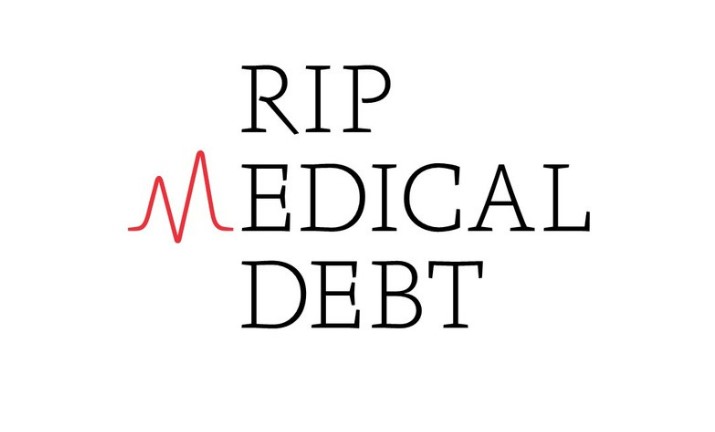Most Medical Debt Will No Longer Appear on Credit Report

The three national credit reporting bureaus have recently announced that most medical debts will be removed from consumer credit reports. This will have a major effect on the credit reports of millions of Americans, which includes an estimated $88 million in medical debts, according to research by the Consumer Financial Protection Bureau (CFPB).
​The three major national credit reporting bureaus announced major changes to how medical debts will be reported on consumer reports. Beginning July 1st, all paid medical collection debts will be removed from consumers’ credit reports in their entirety, and the time period before unpaid medical debts will be reported will be increased from 6 months to a full year. This will give individuals a longer period of time in which to address debts before they become a part of their credit file. Beginning in 2023, the agencies have announced that they will no longer report medical collections debt that is less than $500.
​This will also make it easier for consumer reporting agencies (CRA) to remain in compliance with the No Surprises Act, which went into effect this year. The CFPB recently released a bulletin reminding those furnishing and reporting medical debts of their obligations under the Act, which protects consumers from unexpected medical bills. Under the Act, those furnishing these invalid debts may face significant legal liabilities under the Fair Debt Collection Practices Act and the Fair Credit Reporting Act (FCRA). CRAs also must follow all reasonable procedures to ensure the accuracy of the information contained in a consumer report and conduct timely and reasonable investigations of consumer disputes to verify the accuracy of consumer information under the FCRA.
​Generally, unpaid medical debts are handed to a collection agency after a period of delinquency of 60 to 120 days. After that, consumers will generally be given a grace period of 180 days in which to address the debt before it is placed on credit reports. Once reported, these collection debts will typically be listed for seven years and can have a significant impact on your credit score. According to a report from the CFPB, 43 million Americans have overdue medical debt listed on their reports.
​These new laws will help many consumers, particularly those afflicted by the COVID-19 pandemic. However, those collecting on medical debts must now take care when furnishing information to credit bureaus to make sure they are in compliance with the laws. Additionally, credit reporting agencies must resolve any disputes and ensure the accuracy of any medical debt they are permitted to report to avoid conflict with the No Surprises Act and FCRA.
​New Life Credit Restoration Solutions Educational Team
​
